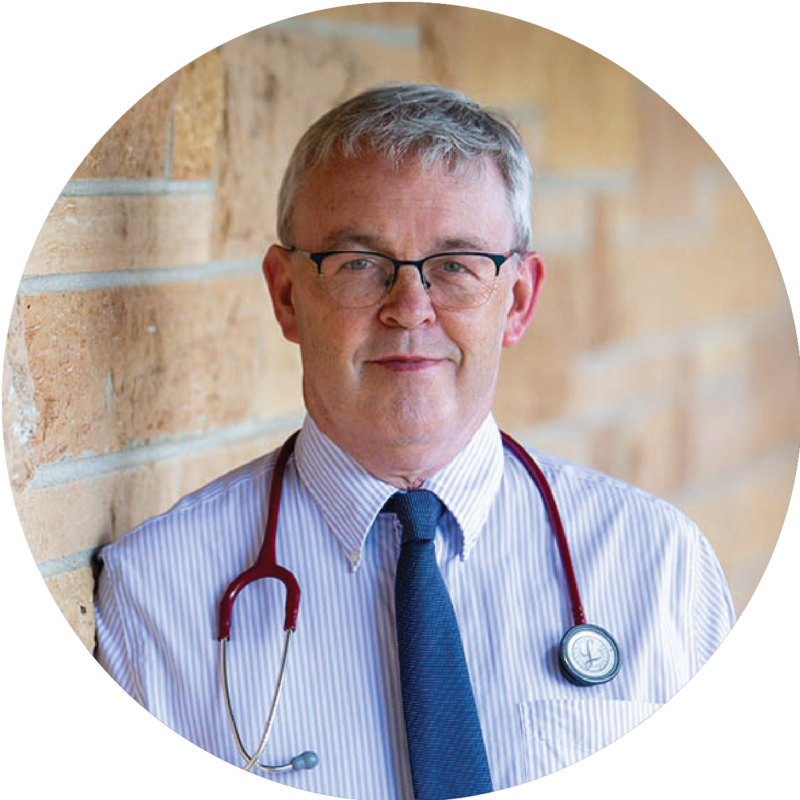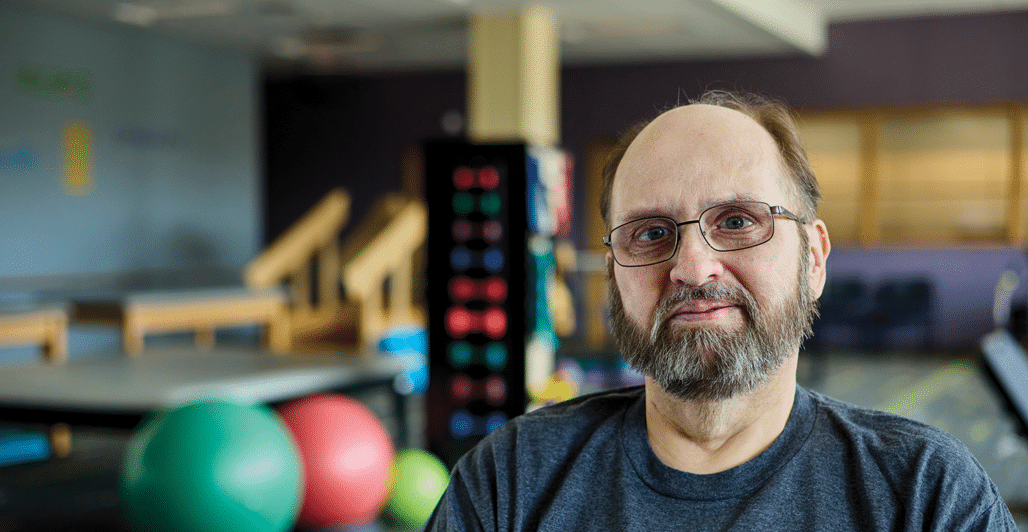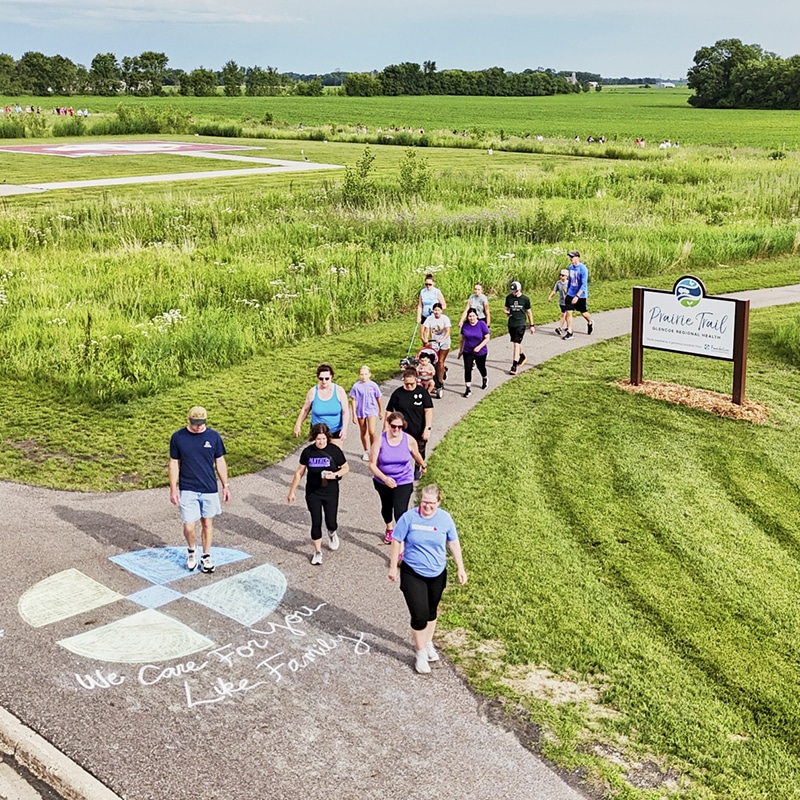Hematology
A hematologist is a physician who diagnoses, manages, and treats of disorders that affect the blood, bone marrow, and lymph nodes. Blood diseases may be benign (noncancerous) disorders or malignant (cancerous). Common blood disorders include:
- Anemia
- Blood cancers: leukemia, lymphoma, and myeloma
- Deep vein thrombosis (DVT), pulmonary embolism (PE), and other types of blood clots
- Hemophilia and other bleeding disorders
Oncology
An oncologist is a specialist who treats many different types of cancer with chemotherapy and other medications. They explain the patient’s cancer diagnosis, discuss and recommend treatment options, provide supportive care, coordinate treatment by other specialists such as surgeons and radiation oncologists, and help the patient manage cancer-related pain and other symptoms or treatment side effects.
Infusion Therapy Services
Infusion therapy services provide essential support for patients with blood disorders or cancer by delivering specialized treatments, such as chemotherapy, immunotherapy, or blood transfusions, in a controlled and comfortable environment. These services ensure that patients receive critical care tailored to their unique medical needs, helping to manage symptoms, slow disease progression, or improve quality of life.
Conveniently located on our Glencoe campus, our Infusion Services eliminate the stress and inconvenience of traveling long distances for care, allowing patients to focus on their health and recovery. With skilled professionals on hand, patients can feel reassured that they are receiving safe, compassionate, and effective treatment close to home.





